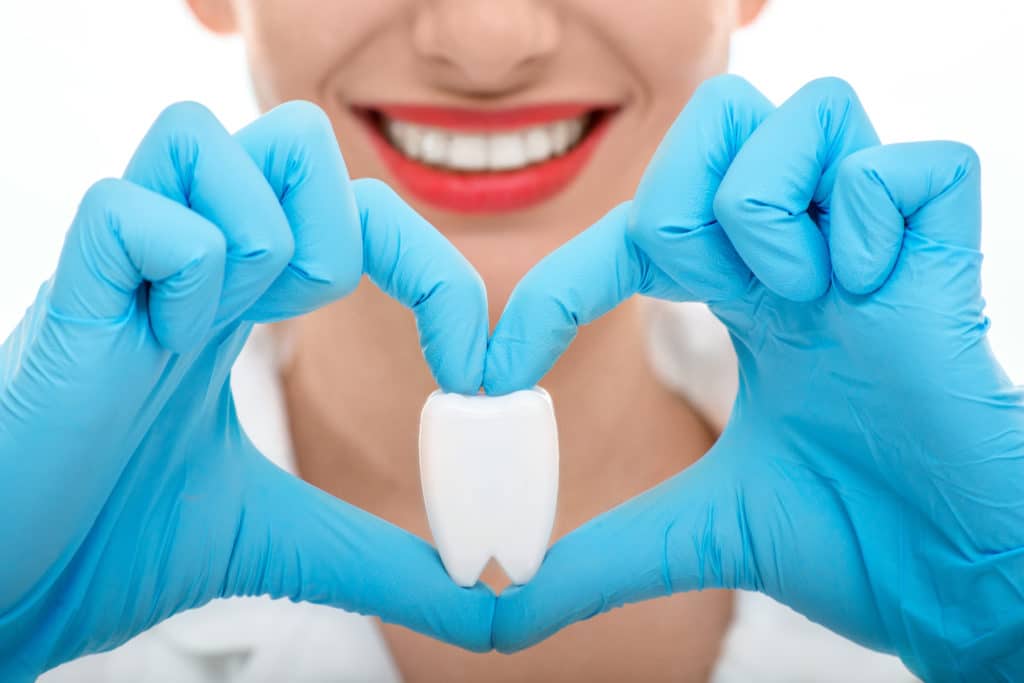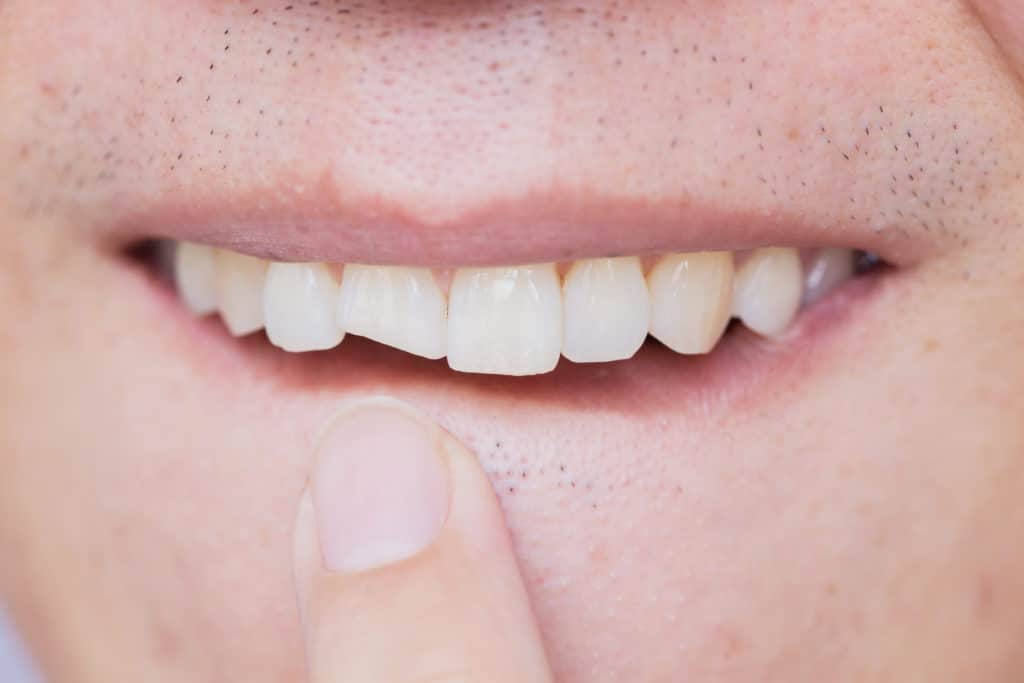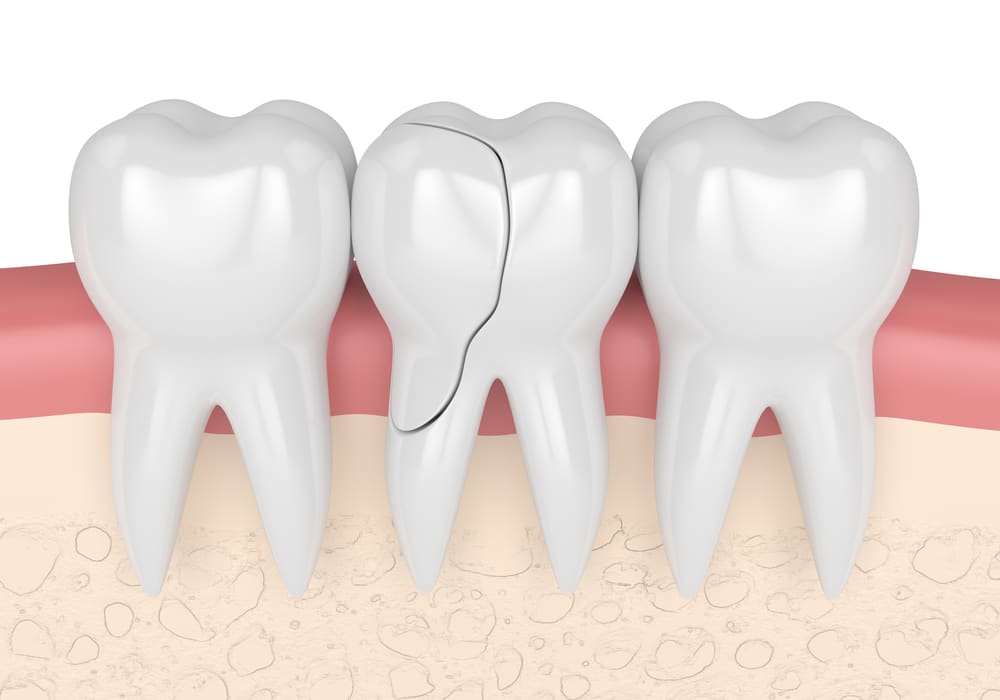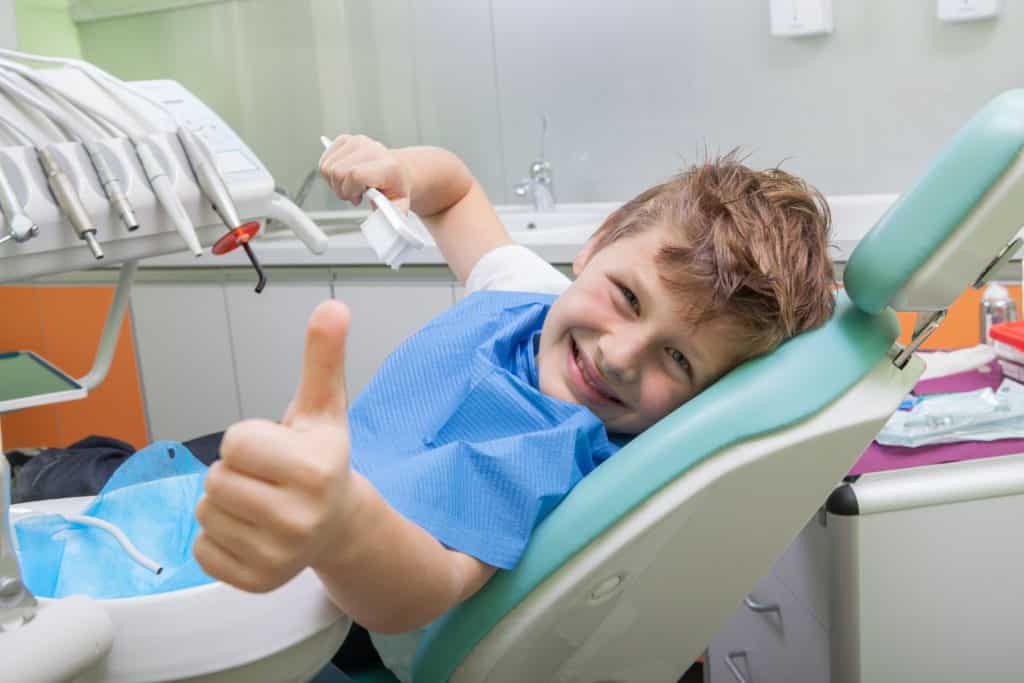
If you’ve been to the dentist and they tell you that you have tooth resorption, also known as root resorption, you may be confused as to what that means. Root resorption is a fairly uncommon issue for adults, with many people being unaware as to its very existence until they are either diagnosed with it or have a child who starts to experience it. Here’s what you need to know about tooth resorption, what causes it, and how it can be treated.
What Is Tooth Resorption?
Root resorption is a natural process when it comes to baby teeth, but when it happens to permanent teeth, then it is cause for concern. Root resorption is when the body rejects a tooth and the cells start eating away at the tooth’s root surface. It can affect the tooth pulp, the enamel, the root, and the dentin, amongst other parts of your tooth.
With baby teeth, this generally results in the tooth falling out, giving way to a space for a permanent tooth to fill. As such, it’s typically not something to stress about. With permanent teeth, however, those do not grow back, so seeking treatment is vital.
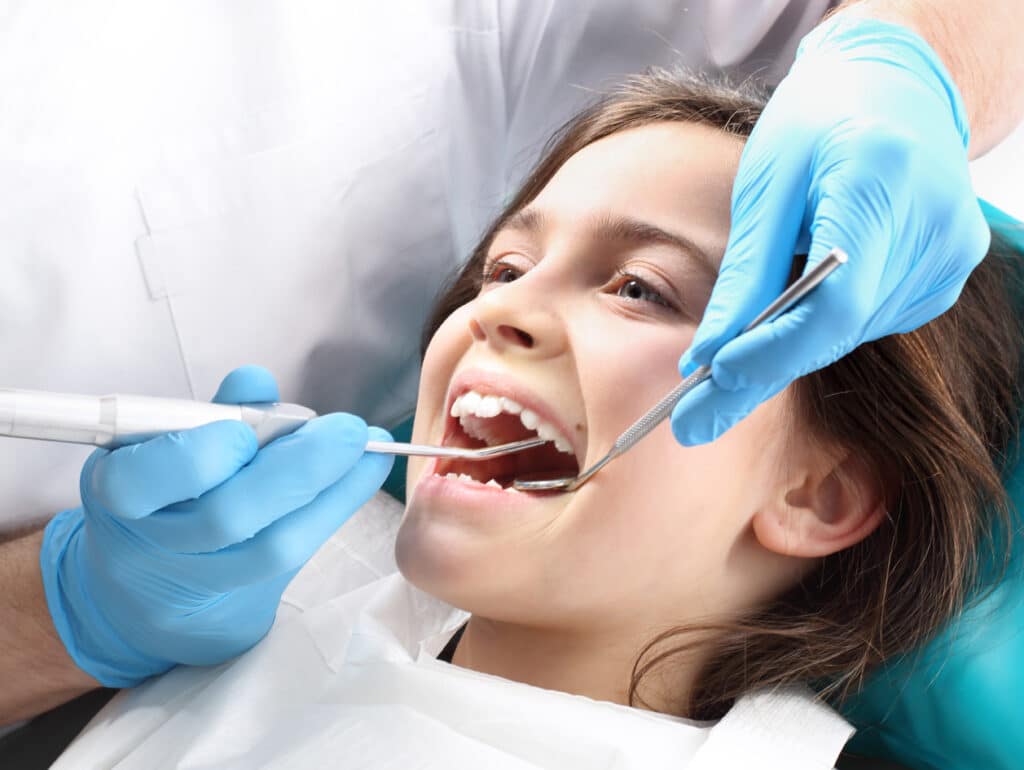
How Does Tooth Resorption Start?
Root resorption can start both inside the tooth pulp or outside the enamel, with the resorption either moving further into the tooth or from the inside out. When it occurs outside of losing baby teeth, there are a number of things that can cause it. They range from trauma from an injury to your teeth, nerve or gum infection, teeth grinding, movement from orthodontic treatment, swelling from an untreated cavity, and more.
Types Of Root Resorption
As mentioned before, root resorption can start either inside or outside your tooth. There are two main types, internal and external.
Internal Root Resorption
This type of resorption is fairly uncommon compared to external resorption. It begins inside the tooth, resulting in a hollow tooth if not caught early enough. This type of resorption is usually caused by injury or an extensive oral surgery.
Because it starts inside the tooth, many people don’t realize that they have internal resorption. It’s typically caught on dental X-Rays.
External Root Resorption
This is the more common type of resorption. It can happen at the same time as internal resorption or by itself. It affects the exterior of the tooth and can be seen through chips or holes that it causes.

Problems Resorption Can Cause
When you have tooth resorption, it’s vital to have it treated. This is because it can lead to a number of serious problems. These include:
- Tooth loss
- Root recession
- Chipped teeth
- Infection
- Tooth weakness
- Discoloration
- Cavity-like holes
- Gum recession
- Toothaches
Symptoms Of Resorption
Since many people don’t know of the existence of tooth resorption, they also don’t know the symptoms associated with it. Many people don’t even notice they have it, especially with internal resorption. But as the resorption progresses, symptoms become more apparent. Some of the symptoms of resorption are:
- Holes in the teeth
- Pink spots on teeth
- Brittle teeth
- Red gums
- Swollen gums
- Pain in the tooth
- Unequal tooth spacing
- Decay
How Is It Diagnosed?
With how easy it is for people not to know that they suffer from resorption until it worsens, you may wonder how a dentist can diagnose it. It’s usually diagnosed from dental x-rays, particularly with internal resorption. Since external resorption affects the outside of the tooth first, it can be seen without an x-ray. Dentists will often inquire about any injuries and look further into your dental history if they notice it.
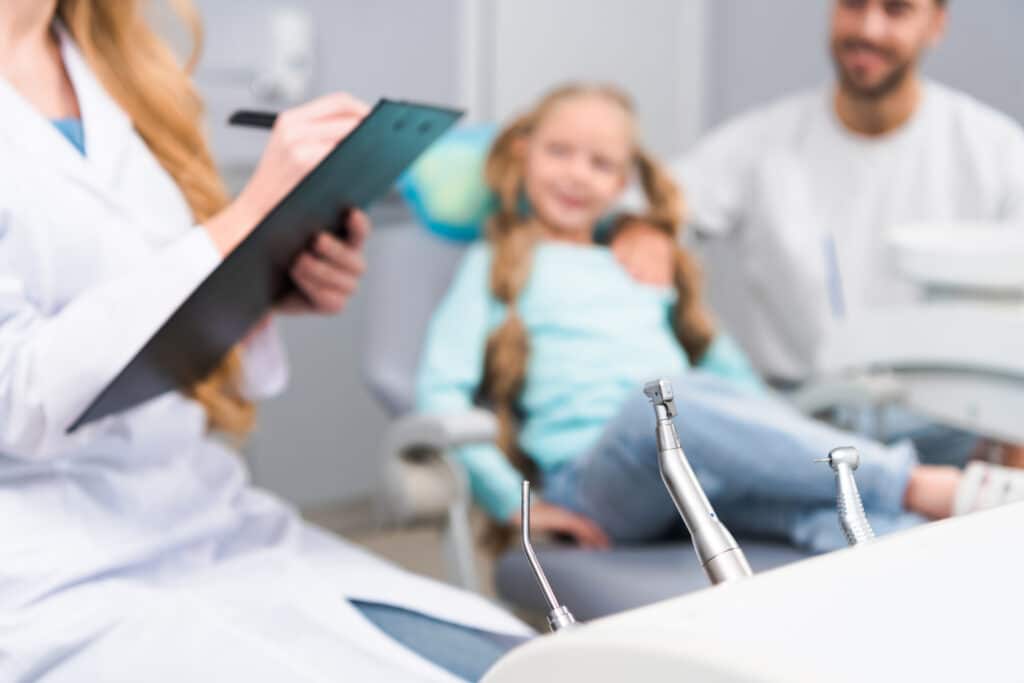
Treatment Options
Due to the fact that there are a wide variety of potential causes for resorption, there are also varied treatment options. It’s best to go to your regular dental cleanings so that it can be caught early, as early treatment increases the likelihood of repair.
Treatment options range from root canals, to prevent the issue from worsening; to surgery, to remove the cells that are eating away at the tooth; to extraction if the issue is bad enough. The treatment option will depend on the individual case and the state of resorption.
Do You Have Questions About Tooth Resorption?
Here at David G. Johnson, D.D.S., P.C., we offer tooth resorption treatment. For any questions or to schedule an appointment, please contact us today.


